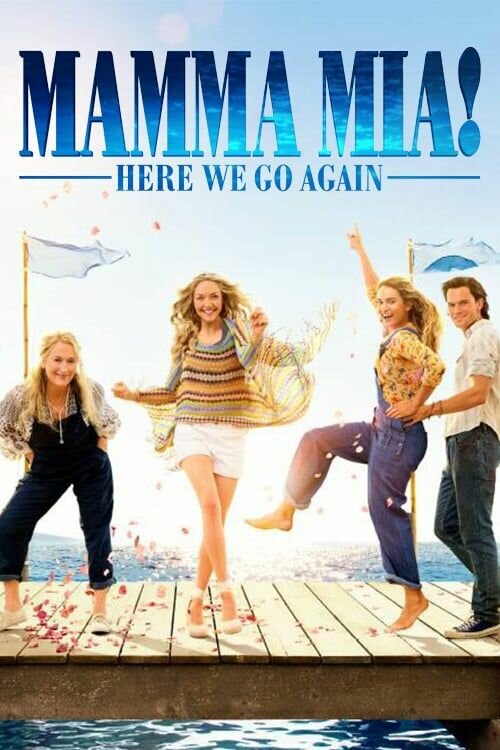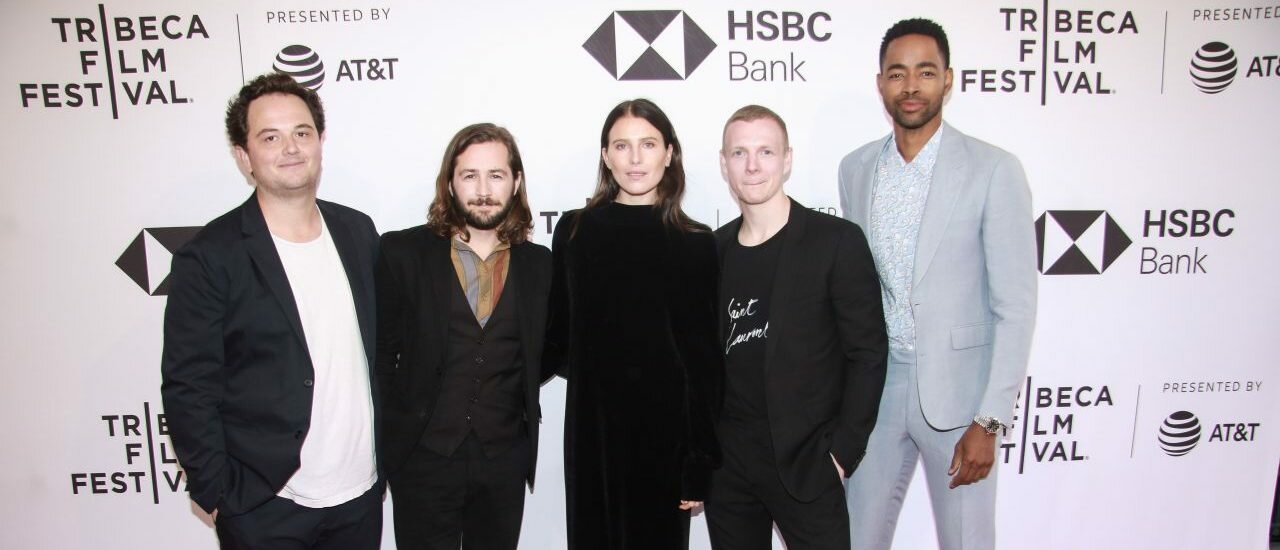by Anthony Zangrillo
What is the price that we pay for war? Is there a proper way to pay respect to the dead? When does is become it acceptable to move on with one’s life after the death of a partner? Is violence a necessity between nations of differing ideologies? Pick and choose which of these questions seems the most appealing to you, because each is somewhat haphazardly thrown into the pot in Russell Crowe’s directorial debut, “The Water Diviner.” It is a film that changes pace and direction more often than a five-year-old at the peak of a sugar high but, despite its misgivings, Crowe’s film displays a touch of sincerity and insight if one is patient enough to wait for it. What’s left at the end is a compelling story, but one that might have been better told by a director experienced enough to keep his head out of the clouds.
“The Water Diviner” begins with a unique approach to the rifle-and-grenade battle scene that has been done so many times. Rather than introducing its protagonists, the film opens from the perspective of the Ottoman army during the gruesome campaign at the Battle of Gallipoli in 1914, specifically focusing on the actions of the seasoned Major Hasan (Yılmaz Erdoğan) and his attempts to protect a young boy in his army from the dangers of the impending battle. This is our first indication that the film has concerned itself with the morality present on both sides of World War I, rather than taking the uniquely pro-western stance seen so commonly in many war films. A quick step forward to 1918 Australia brings us to the home of father-of-three and newly-widowed Joshua Connor (Russell Crowe), who has not seen any of his boys since they left for the war. With no other stake in life Connor decides to travel to Istanbul and then to the battleground of Gallipoli in the hopes of locating the bodies of his sons and bringing them back home to rest. Along the way, Connor finds an unexpected ally in Major Hasan, the man who may well have been the murderer of his own children. What follows is a heartwarming look at the choice between revenge and forgiveness and arguably the strongest selling point of the film as a whole.
Then, there is the love interest. Hold onto your drinks, because this is where the potentially-good film gets ugly. Not in recent memory can I think of a film that has so unabashedly shoehorned in a love interest for the sake of covering all the bases necessary to make a “well-rounded” film. Upon landing in Istanbul, Connor takes up residence in a hotel run by Ayshe (Olga Kurylenko), a single mother soon to be wed to her presumably-late husband’s brother. Connor and Ayshe share a few instances of Twilight-esque romantic tension during his stay at the hotel, and then he departs to continue his journey. Unfortunately this is not the end of the courtship (as I presume so much of the audience was hoping for) as, without fail, Connor repeatedly seems to find his way back to the hotel just as the movie starts to find its stride. Their relationship offers essentially nothing new to the message of the film, as the conflict of overcoming nationalist prejudices in favor of friendship is already one explored by Connor and Major Hasan. In this case, the attempted depiction of true love only feels artificial and distracting.
Where “The Water Diviner” shines is in its portrayal of different cultures, and in its exploration of how mindless violence between these cultures can arise for the simplest of reasons. The images of the Turkish countryside and the focus on its people serve to present beauty as an alternative to the necessary vilification of foreign nations during war, and it is in these instances that the film feels truly unique. Unfortunately, these moments are sporadic and the rest of the film feels weakened by a lack of focus and burdened by the mistakes of a first-time director. The result is a film to be seen for its high points, but also one to be forgotten for its lows.
Score: 6/10





0 Comments